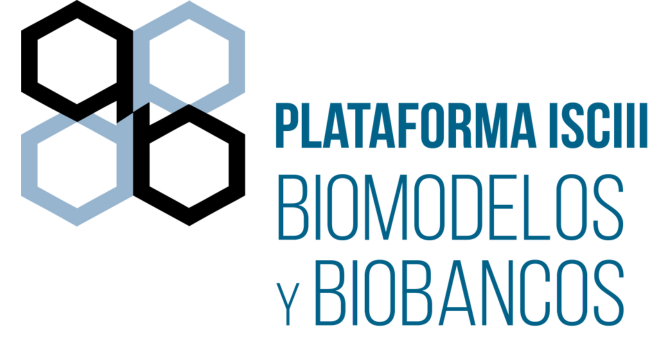Girona Biomedical Research Institute Dr. Josep Trueta
The Girona Biomedical Research Institute Dr. Josep Trueta (IDIBGI) conducts translational research aimed at enhancing the health and well-being of individuals. IDIBGI is organised into 23 research groups distributed in five scientific areas (Cardiovascular and Respiratory, Metabolism and Inflammation, Neurosciences, Oncohematology and Mental Health) that bring together more than 400 people, including health professionals and basic researchers, in the region of Girona.
The IDIBGI is a public foundation made up of the Generalitat de Catalunya, the Catalan Health Institute (ICS) Girona, the Institute of Health Care (IAS), the Catalan Institute of Oncology (ICO) Girona, and the University of Girona. IDIBGI is a CERCA centre (Research Centres of Catalonia) since 2005.
The institute hosts various scientific platforms aimed at delivering high-quality scientific, technical, and methodological support to the research community.
Within the framework of the ISCIII Biomodels and Biobanks Platform, IDIBGI collaborates with two of its scientific platforms: the Biobank and the Drosophila Fly Room Laboratory.
The IDIBGI Biobank is the support platform for research responsible for the management of human biological samples and associated data for research. This management includes the reception, processing, storage and transfer of samples to promote quality biomedical research, as well as other scientific-technical services. The IDIBGI Biobank is authorized by the Generalitat de Catalunya according to RD 1716/2011, registered in the National Register of Biobanks of the Carlos III Health Institute (B.0000872) and certified by ISO 9001 standard.
The Drosophila Fly Room Laboratory at IDIBGI offers researchers access to Drosophila melanogaster as a animal model for biomedical research. This facility specializes in a wide array of research techniques, including cognition assays, locomotion studies, fat accumulation tests, histology techniques, and gene expression analyses combining them with advanced genetic models, compound supplementation methods, and models of interactions with the intestinal microbiota.
Services
BIOBANK:
• Provision of samples and data for research projects.
We have a large catalogue of collections and samples from donors by diseases such as endocrine-metabolic (e.g. FATBANK-CIBERobn), oncological, hematological (e.g. hematopoietic transplant, CAR-T cell therapy (GETH)), neurological (e.g. multiple sclerosis, stroke), infectious (e.g. COVID-19), digestive, renal, maternal-fetal, associated with aging, etc. Consult: https://idibgi.org/en/biobanc/colleccions/.
• Sample management of Biobank collections, research line collections, projects, multicentre studies, and clinical trials: advice, processing, conservation, shipping and traceability.
• Creation and registry of new collections.
• Processing of biological samples and obtaining derivatives: blood, serum, plasma, PBMCs, urine, stool, saliva, hair, tissue, etc.
• Storage and cryopreservation service (RT, -20ºC, -80ºC and 196ºC).
• Other scientific-technical services: nucleic acids extraction and quantification, sample inventory, coding and labelling, etc.
• Advice on ethical, legal, technical and methodological issues related to the management of human samples and associated data.
DROSOPHILA FLY ROOM LABORATORY:
We offer a wide range of specific techniques that can be combined with Drosophila models of diet-based obesity, interaction with microbiota (mono-colonization of axenic flies), generation of genetic models, and compound testing administered through the diet.
Some of the available techniques include:
• Drosophila models for studying depressive states by inducing mechanical stress and subsequently evaluating voluntary behaviors (Stop-for-Sweet Paradigm, voluntary locomotion, gap climbing assay).
• Buoyancy-based method to determine fat levels in Drosophila L3 larvae (Measurement of larval fat content using the flotation test, adaptable for high throughput).
• Measurement of TAG in adult flies.
• Test to determine food intake (Quantification of excreta and dye ingestion, automatic measurement of intake patterns using FlyPAD).
• Test to determine locomotor abilities (Island assay, negative geotaxis, locomotor activity).
• Longevity assays.
• Paradigms for measuring cognitive abilities (learning and memory): Courtship conditioning assay and aversive taste conditioning paradigm.
• Measurement of circadian activity, sleep, and daily activity patterns.
• Dissection of intestines, adipose tissue, and brain, and measurement of gene expression using Q-PCR.

